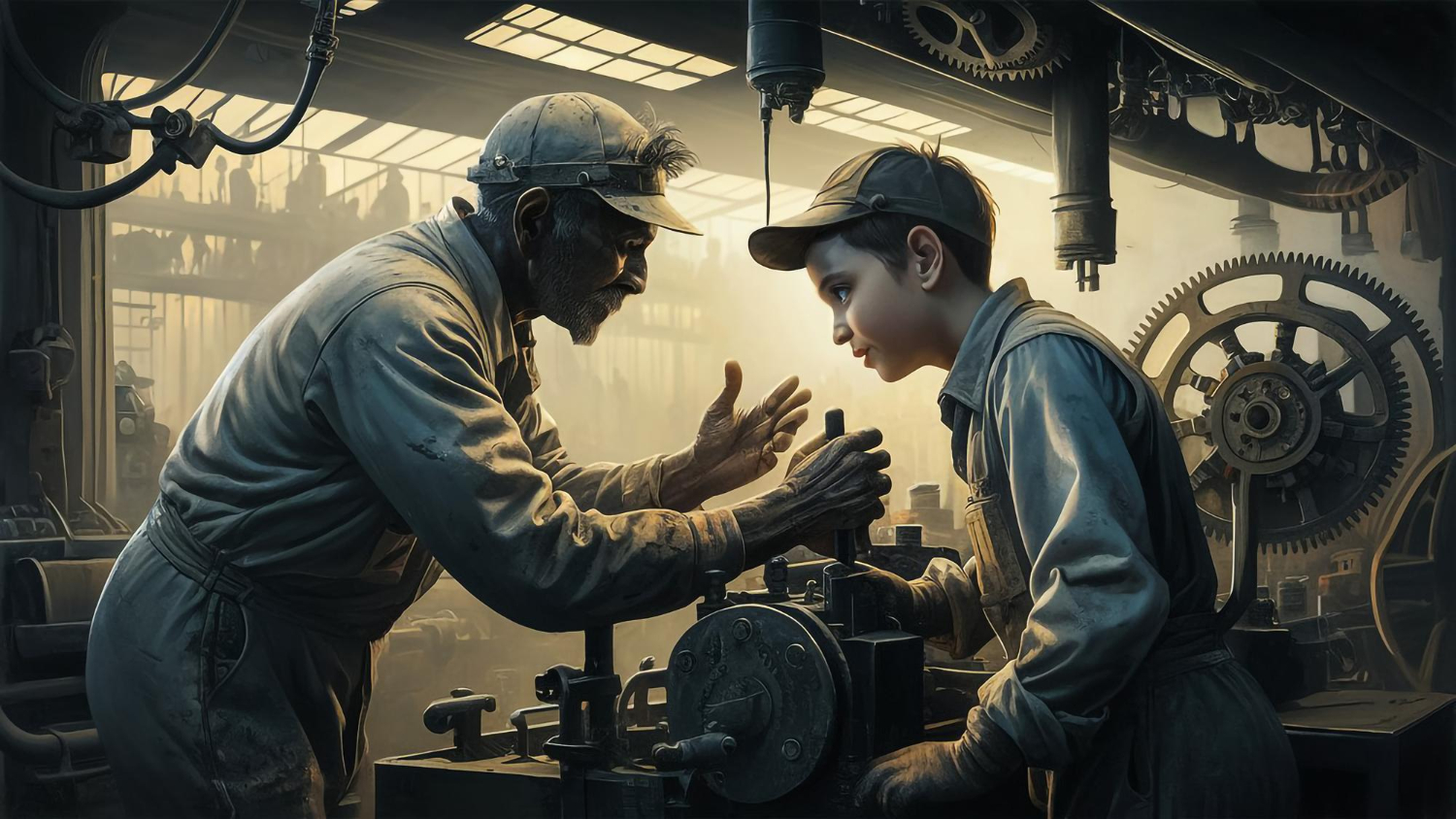Are you considering a career as a machinist but unsure about the salary prospects? You’re in the right place. In this blog post, we’ll uncover everything you need to know about how much a machinist makes, from entry-level to senior roles, and across different regions. Understanding salary expectations is crucial for career planning, and here, we’ll provide you with valuable insights to help you make informed decisions.
What is a Machinist?
Definition and Role of a Machinist
A machinist is a skilled tradesperson who operates machine tools to create precision metal parts. Machinists work with blueprints, drawings, and specifications to produce parts that meet exact standards. They often use lathes, milling machines, grinders, and CNC (Computer Numerical Control) machines to perform their tasks.
Types of Machinists
There are several types of machinists, each specializing in different aspects of the trade:
- CNC Machinists: Operate and program CNC machines to produce complex parts.
- Tool and Die Makers: Create precision tools, dies, and molds used in manufacturing.
- Manual Machinists: Work with traditional machine tools to create custom parts.
Key Skills and Qualifications Required
To excel as a machinist, you need a combination of technical skills and qualifications:
- Technical Skills: Proficiency in reading blueprints, operating machinery, and using measuring tools.
- Mathematical Skills: Understanding of geometry and trigonometry for precise measurements.
- Attention to Detail: Ensuring parts meet exact specifications.
- Qualifications: A high school diploma, vocational training, and certifications in machining or CNC programming.
How Much Does a Machinist Make?
Average Salaries by Region
Salary expectations for machinists vary significantly based on geographic location. According to Indeed, the average hourly wage for a machinist in the United States is $25.50. However, this can range widely from one state to another.
For example, in Washington, D.C., the average salary for a machinist is $40.32 per hour, which is higher than the national average. Other high-paying cities include Dayton, OH ($28.68 per hour) and Tonawanda, NY ($28.06 per hour).
Factors Influencing Salary
Several factors can influence a machinist’s salary:
- Experience Level: More experienced machinists typically earn higher wages.
- Industry and Type of Employment: Machinists working in aerospace or high-tech manufacturing often earn more than those in other sectors.
- Geographic Location: Salaries can vary significantly based on the cost of living and demand for machinists in different regions.
- Certifications and Education: Additional certifications and specialized training can boost earning potential.
Entry-Level vs. Senior Machinist Salaries
Entry-Level Salaries
Entry-level machinists can expect to start at around $20.15 per hour. These positions typically involve learning the basics of machining, operating machines under supervision, and gaining practical experience. As skills develop, there are opportunities for quick progression.
Senior and Specialized Roles
Experienced machinists can command significantly higher salaries. Senior machinists, especially those with CNC programming skills, can earn upwards of $90,000 per year. Specialized roles such as CNC programmers or supervisory positions offer even higher pay, with some professionals making over $100,000 annually.
Regional Salary Comparisons
High-Paying States and Cities
Wisconsin tops the list as the highest-paying state for machinists, with an average annual salary of $58,735. Other high-paying states include Alaska ($56,851) and Massachusetts ($56,696). These regions often have a higher cost of living, which can be offset by the higher wages.
Low-Paying Areas
On the other end of the spectrum, states like Florida offer lower average salaries for machinists, around $36,116 annually. Factors such as lower demand for machinists and a lower cost of living contribute to these reduced wages.
Benefits and Perks
Common Benefits
In addition to salaries, machinists often receive several benefits from their employers:
- Health Insurance: Comprehensive medical, dental, and vision coverage.
- Retirement Plans: Contributions to 401(k) or pension plans.
- Paid Time Off: Vacation days, sick leave, and holidays.
Additional Perks
Some employers offer additional perks to attract and retain skilled machinists:
- Overtime Opportunities: Extra hours can significantly boost earnings.
- Bonuses and Profit-Sharing: Incentives based on company performance.
Career Growth and Salary Projections
Future Demand for Machinists
The demand for machinists is expected to remain steady, with technological advancements driving the need for skilled workers. Industries such as aerospace, automotive, and medical device manufacturing are particularly reliant on machinists.
Potential for Salary Increases
Machinists can increase their earning potential through:
- Additional Training and Certifications: Specialized skills in CNC programming, CAD, and CAM.
- Gaining Experience: More years in the field lead to higher wages and more advanced roles.
Conclusion
In conclusion, understanding the salary expectations for machinists is crucial for anyone considering this career path. From entry-level positions to senior roles, machinists can earn competitive wages, especially with specialized skills and experience. Regional differences play a significant role in salary variations, with high-paying states offering lucrative opportunities.
If you have the necessary skills and interests, a career as a machinist can be both financially rewarding and personally fulfilling. For those looking to explore more about machinist training programs and job opportunities, numerous resources are available to guide you on this exciting career path.
Explore machinist training programs and job opportunities today to kickstart your career in this dynamic field.
FAQs
Can machinists make a lot of money?
Yes, machinists can make a considerable amount of money, especially those in specialized roles or high-demand industries. Experienced machinists and CNC programmers often earn salaries exceeding $90,000 per year.
Is machinist a good trade?
Pursuing a career as a machinist can be highly rewarding. The trade offers job stability, opportunities for advancement, and competitive salaries. However, it requires precision, technical skills, and ongoing learning.
How much does a CNC machinist make in Michigan?
In Michigan, CNC machinists can expect to earn around $44,666 annually. This can vary based on experience, certifications, and the specific industry.
Are machinists still in demand?
Yes, machinists are still in demand. The growing reliance on precision manufacturing and technological advancements ensures a steady need for skilled machinists.


















